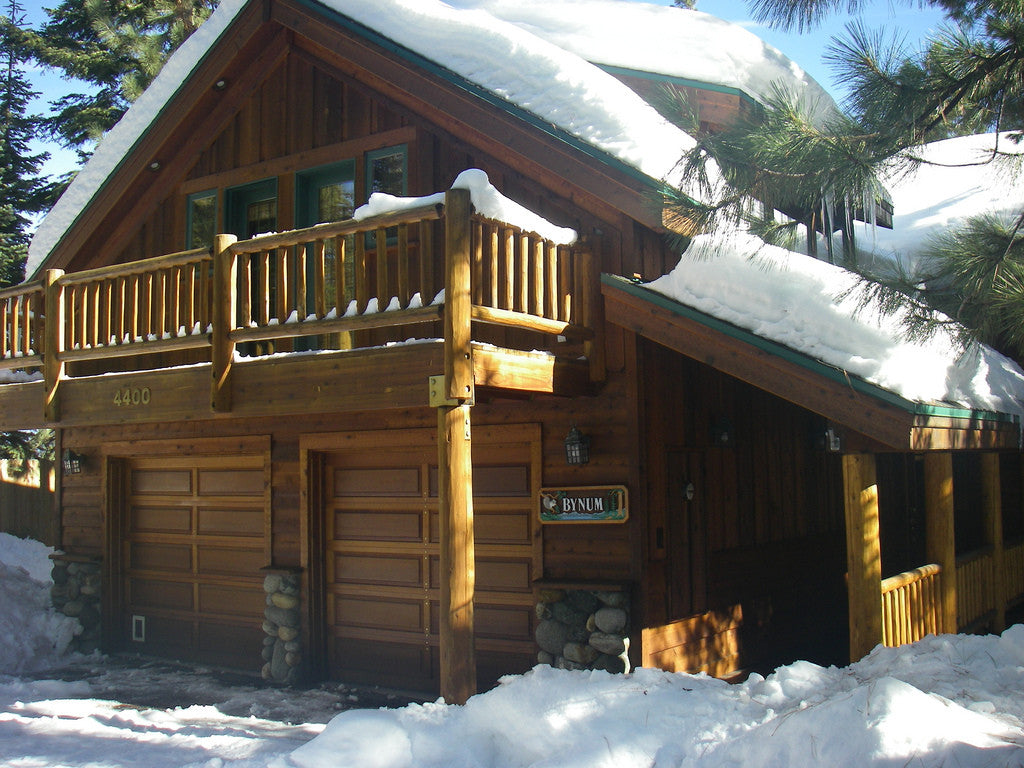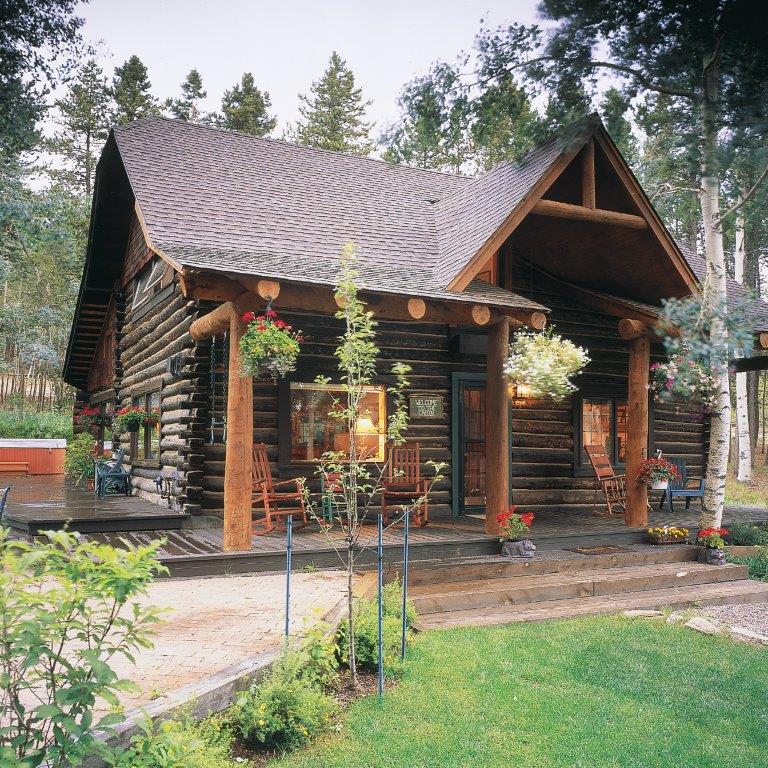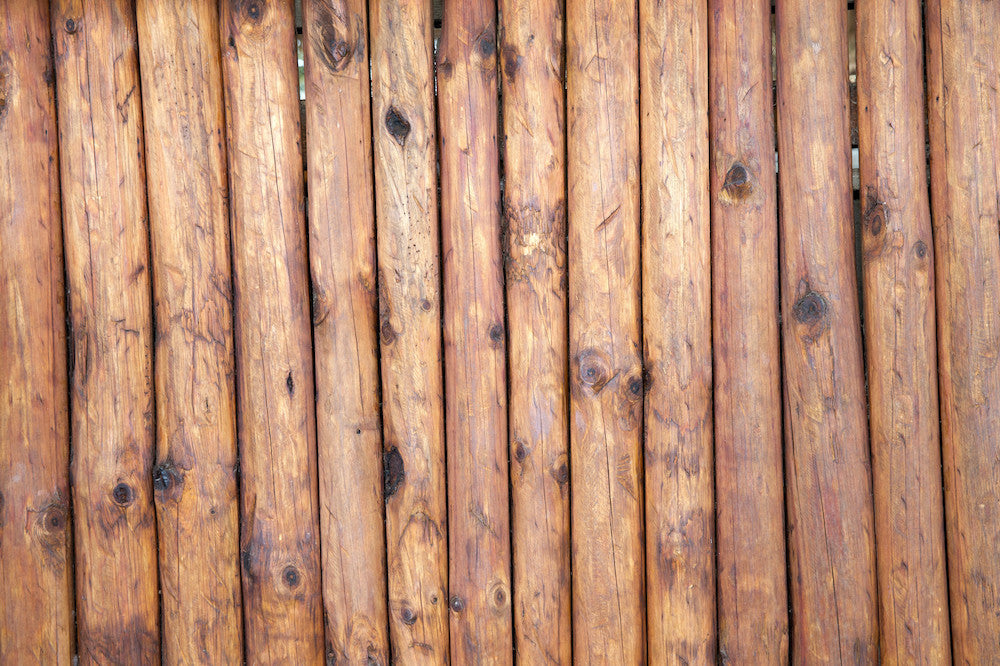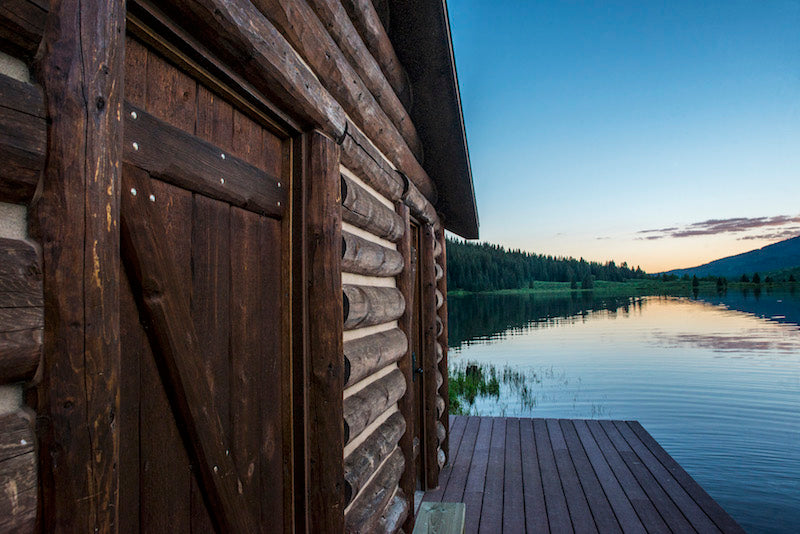How Subpar Caulking & Chinking Affects Your Log Home

Log homes require a lot of special attention and maintenance to keep them in good condition. The amount of work to be done, especially in the beginning, can make cutting corners seem like an attractive alternative. However, the old saying that "anything worth doing is worth doing right" certainly applies to log homes, and chinking is a good example. A subpar caulking or chinking job, whether due to low-quality materials or incomplete coverage, defeats its own purpose.
Rodents and Insects Will Find Their Way Into Your Home
Log home caulking and chinking fill the gaps between logs to keep unwelcome guests like rodents and insects out. Low-quality chinking will be easier for these pests to penetrate, especially when cold weather drives them toward the warmth of your home. Even if you don't mind sharing your space, many of these intruders can and will cause damage to your home.
Conditioned Air Will Escape and Energy Costs Will Rise
In addition to keeping outside things out, log home chinking also keeps inside things in; namely, conditioned air. If your chinking and caulking allow any air to escape, your system will have to work that much harder to maintain a comfortable temperature. As a result, your monthly energy bills will be higher than necessary. In fact, experts estimate that up to 30% of a home's heating costs can be traced to heat loss; which means you could see significant savings just from properly sealing and insulating your home.
Rain Will Slip Through Cracks and Cause Water Damage
Another thing you want to keep out of your log home is water. Every time it rains or snows, the integrity of your home will be tested. After all, water doesn't need big holes in your roof to cause major damage. It can find the tiniest cracks between logs, slip through, and settle. If water never gets all the way inside, you might not even know it's there, but as it sits, it can cause your logs to rot. You may also find yourself dealing with other dangerous and expensive kinds of damage, such as mold.
Drafty Spots and Dust Will Make You Less Comfortable
Just as you want to keep conditioned air inside, you also want to seal your home tightly to prevent outside air from blowing in. You may notice this problem around windows and doors where drafty spots can make you less comfortable than you'd like to be. Unless you improve the caulking in these areas for a better seal, you may find yourself relying on thick, unattractive curtains that will cramp your interior style and rob your home of its natural light. Your home will also suffer from increased dust and moisture, both of which will lower your indoor air quality.
Finally, remember that chinking and caulking are not the sort of thing you do once and then forget about. Check your home for cracks, gaps, damage, and deterioration regularly, and don't procrastinate on repairs. Even good chinking and caulking will eventually require some upkeep to continue doing their job properly.
Image via Flickr by russelljsmith





